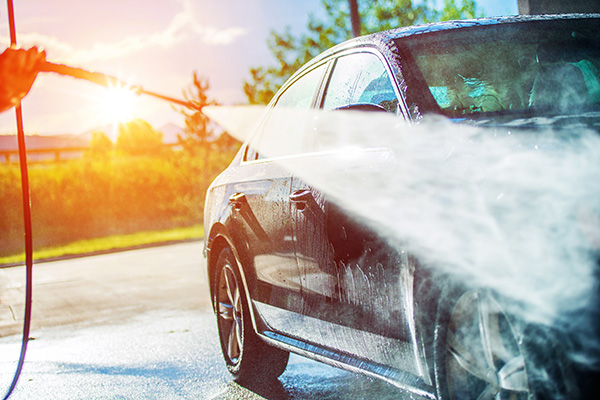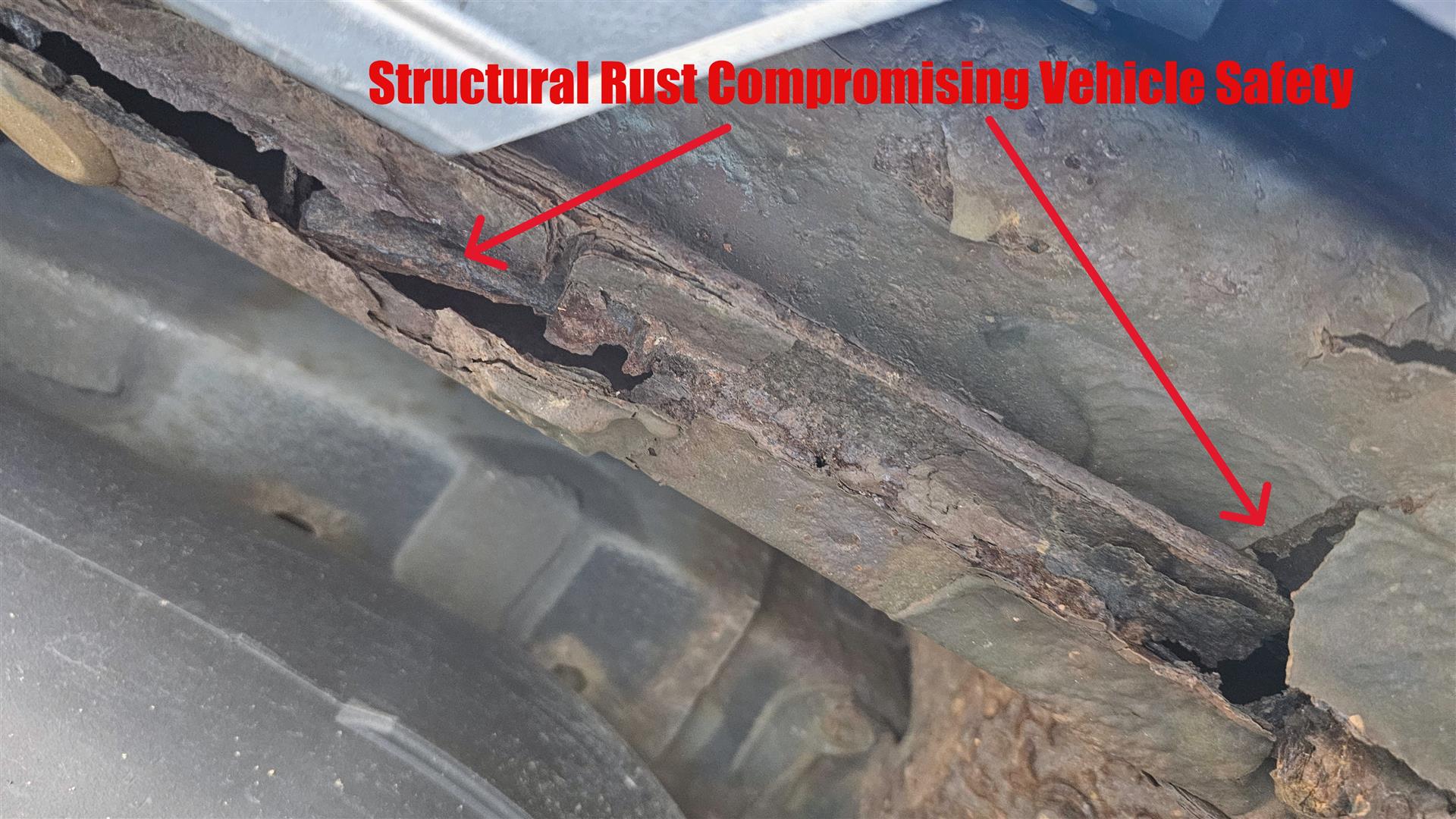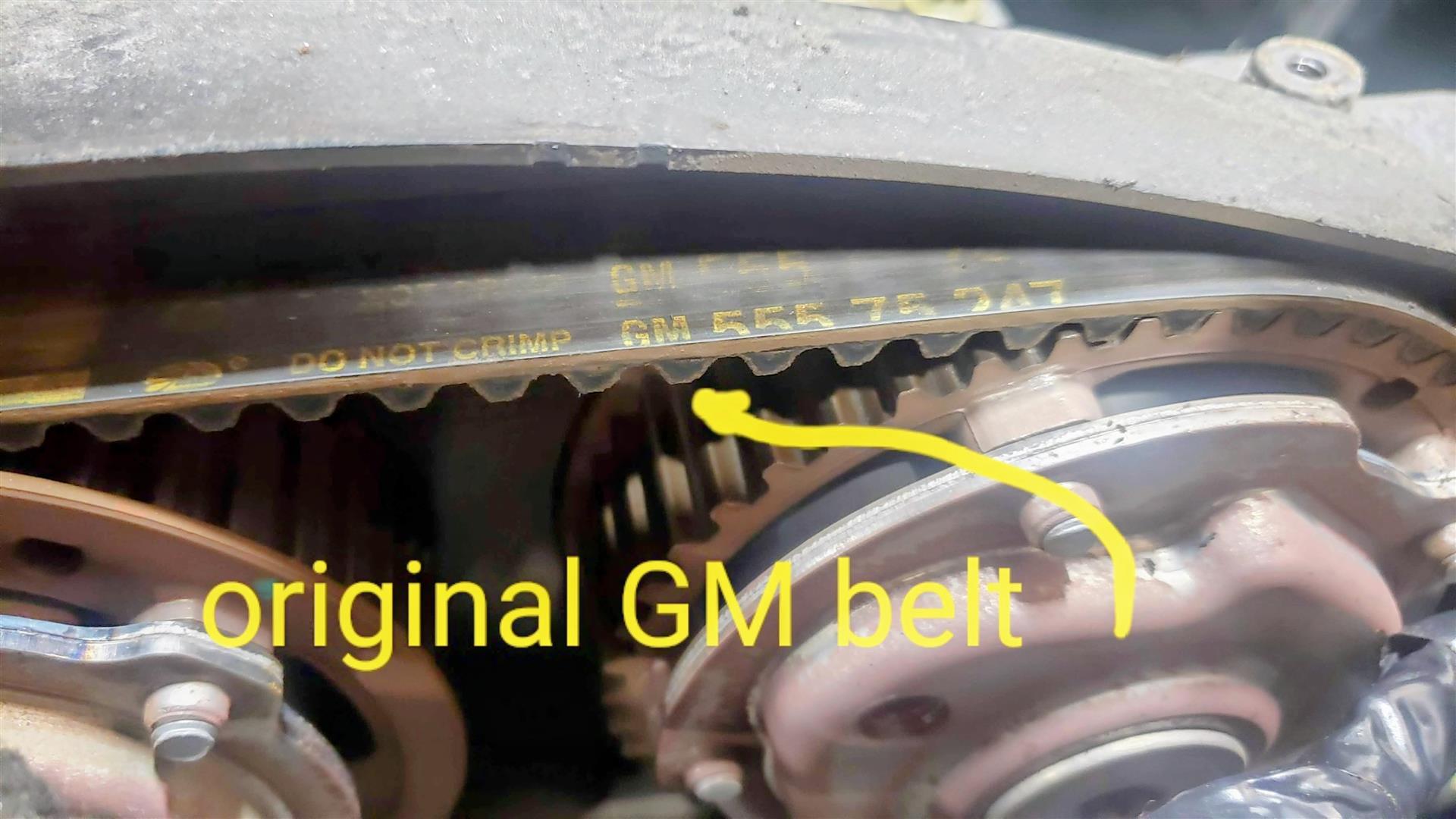Posted on 4/25/2025

Washing your car might seem simple, but a few innocent missteps can do more harm than good. Many drivers unintentionally damage their vehicle’s paint, trim, or interior with the wrong products, poor techniques, or skipped steps. A clean car looks great, but only if it’s cleaned the right way. If you’re spending time keeping your vehicle looking its best, here are some of the most common cleaning mistakes to avoid—and how to get better results with less effort. Using Dish Soap or Household Cleaners One of the most common errors is reaching for whatever soap is under the sink. Dish soap might cut grease on plates, but it’s too harsh for automotive finishes. These cleaners can strip away protective wax coatings and dry out rubber seals, leaving your car more vulnerable to sun damage and fading. Stick with a pH-balanced car wash soap specifically designed for vehicles. It’ll lift dirt without harming the finish and preserve any wax o ... read more
Posted on 4/24/2025

In light of the ongoing discussion regarding potential changes to New Hampshire legislation that may eliminate state inspections, I wish to outline why this would generally be a disadvantage. Even though specific state inspection regulations are ambiguous and in need of reform, it is imperative that essential safety measures remain intact. Numerous vehicles frequently arrive in our shop with deteriorated tires, brakes, and suspension components that pose significant risks. Safety inspections are crucial to ensure these issues are promptly addressed. New Hampshire experiences extreme road conditions due to the application of salt and salt brine mixtures. This causes extensive corrosion on brake and chassis components, which requires regular monitoring. This corrosion can compromise vehicle integrity; even minor rust holes can indicate significant underlying damage. Key state regulations include rejecting vehicles with body tears or protruding areas (Saf-C 3221.01), replacing da ... read more
Posted on 4/21/2025

Keeping Your Vehicle in Top Shape with Accomplished Auto At Accomplished Auto, we understand the importance of maintaining your vehicle's engine in peak condition. The timing belt is a crucial component that often goes unnoticed until it fails. You may have heard about this vital part of your vehicle's engine, and you might know that if it breaks, it can lead to serious and costly engine problems. Did you know that not all vehicles have timing belts? Smaller engines typically feature them, while larger engines are often equipped with timing chains. The timing belt keeps your engine synchronized, ensuring that the crankshaft, camshaft, pistons, and valves all work together seamlessly. It's essential to replace the timing belt according to your vehicle manufacturer's schedule—usually every 60,000 to 100,000 miles, or 100,000 to 160,000 km—to prevent premature failure. So, what are some signs that your timing belt might be failing? Your engine might not start ... read more